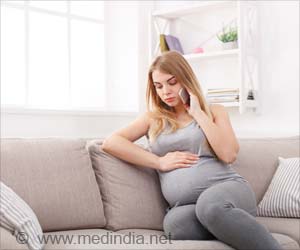Australian researchers led by Jane Visvader, of the Walter and Eliza Hall Institute in Melbourne have successfully isolated a stem cell from the breast pads in female mice
A new study published in today's issue of the journal Nature says that a team of Australian researchers led by Jane Visvader, of the Walter and Eliza Hall Institute in Melbourne have successfully isolated a stem cell from the breast pads in female mice that could hold the key to future breast cancer treatments and reconstructive surgery.
The Australian research says that recurrences of breast cancer are triggered by a group of "rogue mammary stem cells" that escape chemotherapy and lie dormant. After a while, these viable stem cells reseed tumors so that a relapse occurs. The authors say that this could prove to be a valuable insight into the treatment of breast cancer if these findings applied to human breast tissue as well. In such a scenario, it could be possible to grow new breast tissue using these stem cells and could prove to be a blessing to women who undergo mastectomy or complete breast removal for their tumors. Researchers postulate that these mammary stem cells could also trigger the development of certain types of breast cancers if they have genetic errors. Stem cells which do carry cancer causing mutations are resistant to chemotherapy, which targets rapidly cells. “The ultimate objective is to create a drug that will, in effect, switch off breast cancer cells,” Dr Visvader commented. “To do this, the exact make-up of genes expressed by normal and rogue stem cells will need to be determined. Then a drug will be designed to engage with and neutralize the faulty feature of the stem cell.” Her team is now examining human breast tissue to see if there are any shared characteristics with the mouse model.










